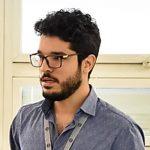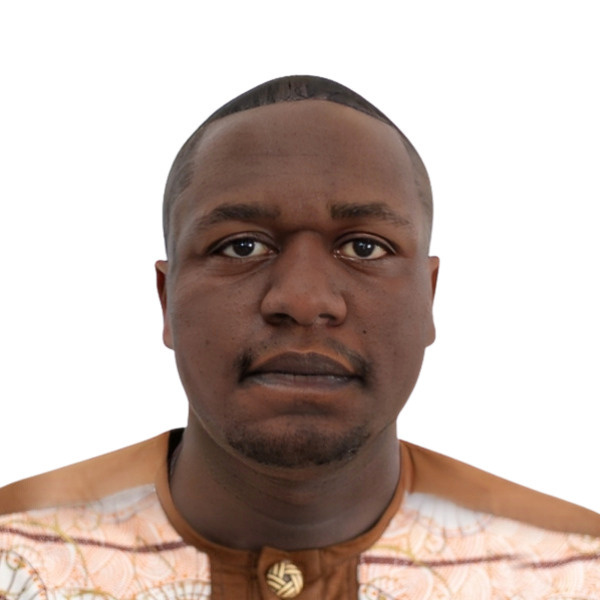the Elimination of Child Labour,
Forced Labour and Human Trafficking
The conference
The 3-day conference organized by ILO, IOM, and IPA will share and promote new research awarded through the Research to Action (RTA) project and the Human Trafficking Research Initiative (HTRI) Competitive Research Fund.
The goal
The goal of the event is to advance discussions among researchers, policy actors, social partners, and practitioners around the world – to strengthen partnerships and explore the logistics of refining evidence on effective solutions.
The topics
The research topics encompass risk factors for vulnerability, assessment of the effectiveness of counter-trafficking, child labor, and forced labor policies and interventions, the socio-economic consequences of the COVID-19, and more.
Programme
Welcome from organizers
Human rights and legal commitments
Advancing a Child Rights Informed Approach to Antislavery Policy and Practice
Unravelling the Normative Underpinnings of Child Labor in Ghana: A Bottom-Up Study Among Hotspot Communities
Child marriage as a form of human trafficking in Tanzania: A human rights perspective
Social event
Keynote 1 – From Research to Action: Improving the Policy Impact of Academic Research
Break
Welcome from organizers
Schooling and skills development
Globalization and Child Labour
School, Work or Marriage? Gender Gaps in Child Development
The effect of longer school days on crime: Are kids the victims or the perpetrators?
Breaking the cycle of intergenerational practices of grooming young women and girls into the sex industry in India: Promising interventions in skills building, education, and livelihoods options for Denotified, Nomadic and Semi Nomadic Tribes
Social event
Welcome from organizers
Migration and exploitation
Modern Forms of Debt-Bondage in Indian Agriculture
Opening the ‘black box’ of protection and reintegration interventions for trafficking survivors in Myanmar: A realist evaluation of World Vision’s Anti-Trafficking in Persons (A/TIP) program
Understanding Migrant Vulernability to Trafficking and COVID-19 in Northern Thailand
Social event
Keynote 2 – Intervention Development Science: Do we need it? What would it do?
Break
Welcome from organizers
Incidences and determinants of child and forced labor and impact of alleviation policies: recent evidence from Côte d’Ivoire, Brazil, and France
Child labor and learning outcomes in agricultural households in Côte d’Ivoire
Women and Forced Labour: Evidence from the Southern French Agriculture Sector
Preventing forced labor: causal evidence from both government and non-governmental interventions in Brazil
Social event
Welcome from organizers
Identifying risk factors and vulnerabilities
Points of inflection: Analysis of the impact of Covid-19 on the vulnerabilities Eritrean refugees face to human trafficking in Sudan
Informal child labor in Dhaka City: Exploring the pull factors and health sufferings of children involved in waste management
An experimental intervention using social media to provide access to information and support on illegal recruitment fees and practices
Social event
Keynote 3: Evidence will not be enough: How politics bends practice and what to do about it.
Break
Welcome from organizers
Culture / Behaviour change campaigns
Social Relationships and Child Labor Migration from Karamoja, Uganda: An Exploratory Study
Using the Past to Inform the Future: Archival Data Analysis to Improve Evidence for Policy and Practice for Child Labor Trafficking Survivors in Sierra Leone
The risk of forced labour and exploitation that migrants and migrant workers face whilst on their undocumented journeys to Europe
Providing conceptually grounded insights on modifiable determinants of trafficking-related outcomes to inform a counter-trafficking Behaviour Change Campaign in Haiti
Social event
Subscribe for updates
ABOUT
The latest ILO global child labour estimates indicate that, despite important progress, there were still 160 million children in labour worldwide in 2020. The ILO global estimates of forced labour for the same year show a total of 25 million persons in situations of forced labour. Given the hidden nature of human trafficking, there are no prevalence estimates to capture the full scope and scale of the issue.
Learn more











































